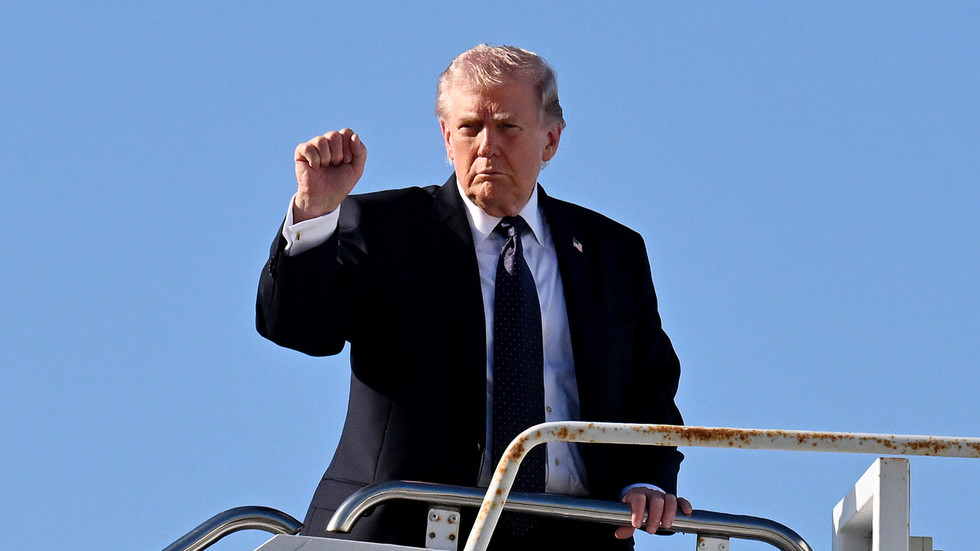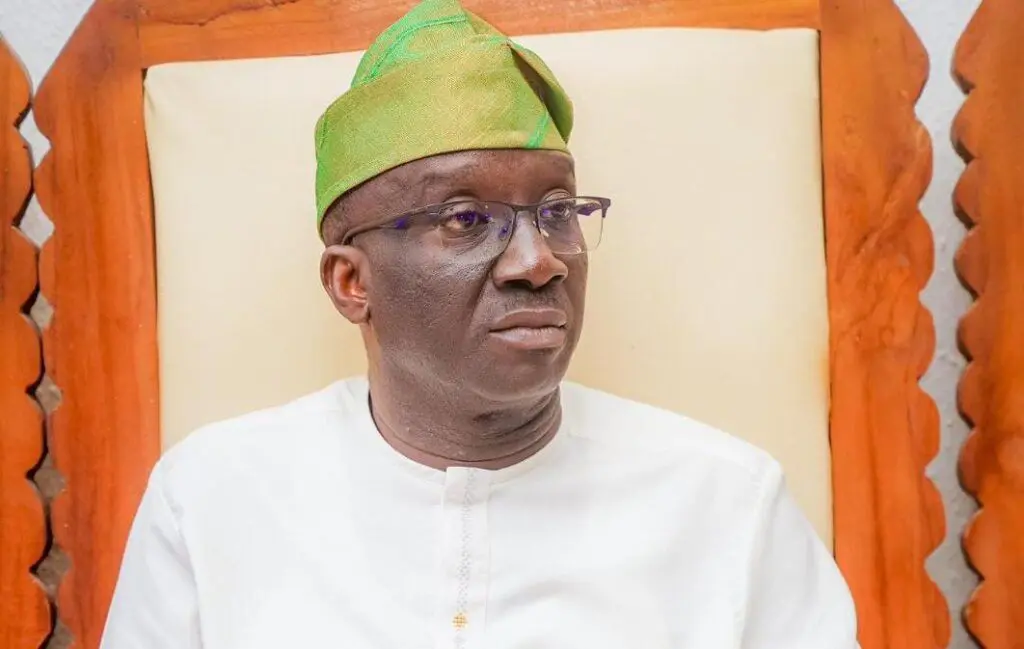The Gambian government is currently in talks to potentially lift the ban on female genital mutilation (FGM) this month. This controversial practice has been a longstanding tradition in the country, with some members of parliament arguing that outlawing it infringes on cultural and religious freedoms.
Former president Yahya Jammeh had imposed the ban back in 2015, but now there is a push to reverse this decision. Leaders like Imam Abdoullie Fatty are staunch supporters of FGM, citing the importance of upholding cultural and religious beliefs. They argue that the Gambian constitution should take precedence over any external laws or protocols.
However, organizations like the World Health Organisation (WHO) and human rights defenders in The Gambia are raising alarm bells about the serious health risks associated with FGM. They highlight the physical injuries, pain, bleeding, and even death that can result from this harmful practice. Additionally, the unsanitary conditions in which FGM is often performed pose further health risks.
Those found guilty of performing FGM currently face heavy fines and prison sentences under Gambian law. The upcoming second reading of the bill for the decriminalization of FGM in the Gambian Parliament is scheduled for March 18, 2024.
It is a contentious issue that has sparked debate both within The Gambia and internationally. Stay tuned for updates on this developing story.
For more information, you can read the original article on Sud Quotidien.



